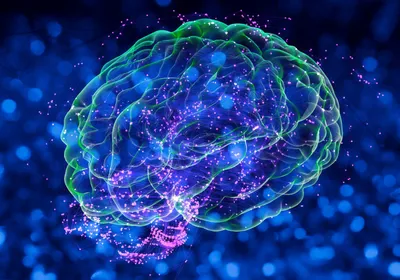 Christian Keysers performs an fMRI scanEUREKALERT, ROYAL NETHERLANDS ACADEMY OF ARTS AND SCIENCES
Christian Keysers performs an fMRI scanEUREKALERT, ROYAL NETHERLANDS ACADEMY OF ARTS AND SCIENCES
Psychopathy is a disorder characterized by extreme heartlessness toward other people. However, according to a study published today (July 25) in the journal Brain, psychopathic criminals may be able to muster some empathy when asked to imagine themselves in another person’s situation.
“The predominant notion had been that they are callous individuals, unable to feel emotions themselves and therefore unable to feel emotions in others,” coauthor Christian Keysers of the University of Groningen in the Netherlands told BBC News. “Our work shows it’s not that simple. They don't lack empathy but they have a switch to turn it on and off. By default, it seems to be off.”
But Essi Viding, who studies developmental psychopathology at University College London and was not involved in the ...




















